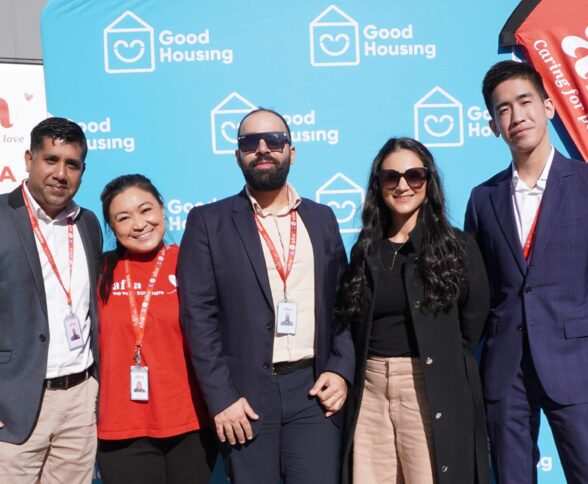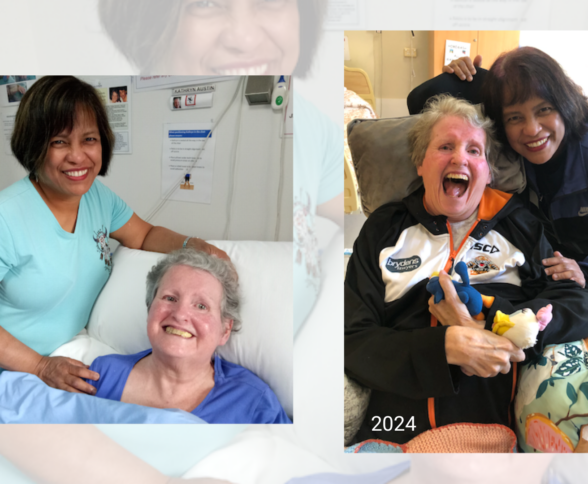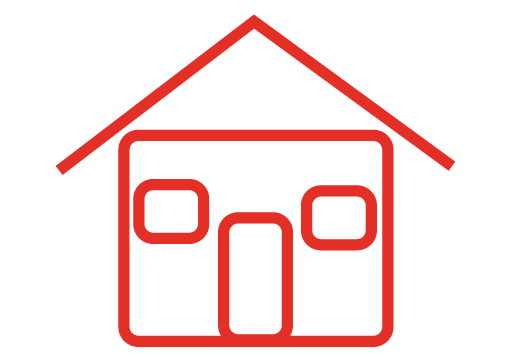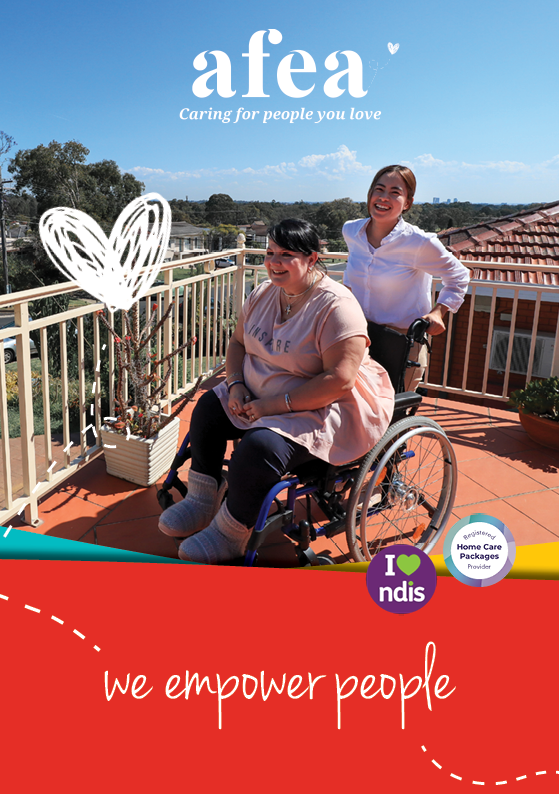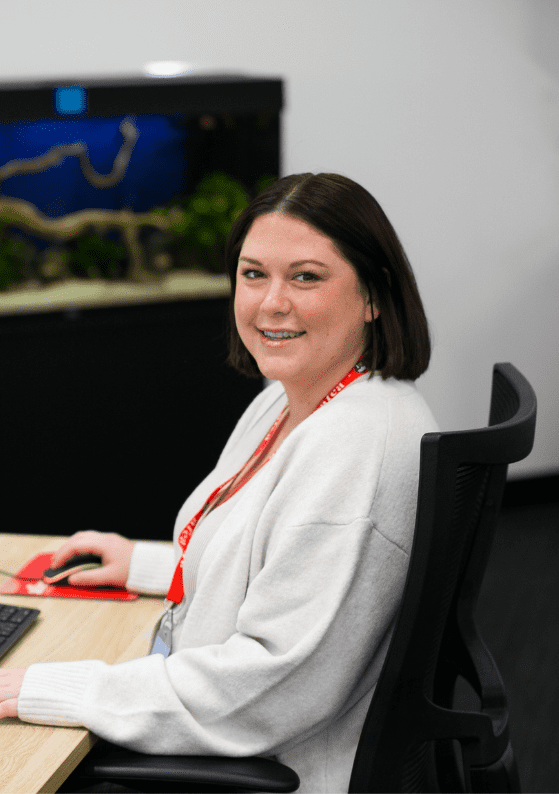If your goal is to increase your independence while still being supported by carers that really care, one of our Supported Independent Living facilities might be for you.
Here we speak with our Accommodation Manager, Sri. He explains how our Supported Independent Living homes can help you achieve more independence.
What is Supported Independent Living?
In Supported Independent Living homes, you live independently with the support of an accommodation manager and your Afea carers.
At Afea, we have two supported independent living facilities in Sydney. The first is our Oxley Park Homes, which comprises three recently refurbished townhouses with private backyards. These homes are ideal for young male NDIS participants with psychosocial or intellectual disabilities.
Our residents enjoy playing basketball, watching TV, movie nights and BBQs among other activities. Often the boys come up with ideas to plan a day trip exploring nearby national parks, the Blue Mountains or one of Sydney’s beautiful beaches.
Our other Supported Independent Living home is our St Clair Women’s Home. We can provide around the clock support in this spacious four-bedroom home for young women living with psychosocial or intellectual disabilities with low to high care needs.
The girls at St Clair enjoy their walks, going out shopping with carers, engaging in arts and craft sessions, and let’s not forget make-up and hair styling.
How do you help clients achieve their goals in Supported Independent Living?
Sri: We create a care plan for each person which includes what their interests are and what goals they want to achieve. Then the carers can work with the clients really closely to achieve those goals
We support people to live as independently as possible. It doesn’t mean we do things for them, we provide support for them to do it themselves. We help them build the skills to be as independent as possible.
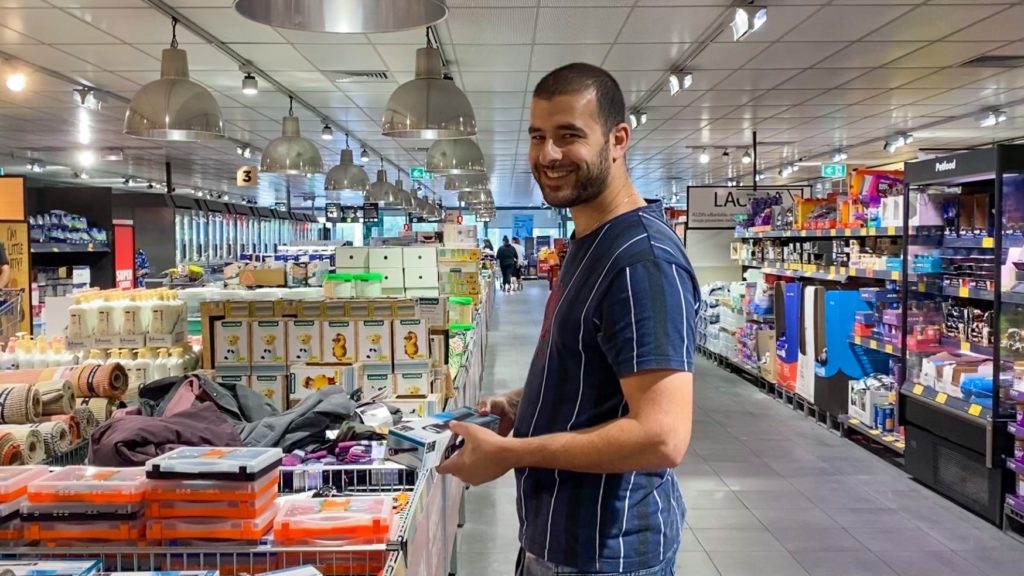
What are some examples of goals that have been achieved?
Sri: We had one particular resident who had very challenging behaviours, having always lived in institutional care. She moved in with us and we created a routine for her, and helped her become more engaged with us and her social workers.
When she joined us, she knew little about cooking so we helped her learn some new dishes. She is now so happy and chatty with the care workers.
The last time she had her assessment, her support practitioner complemented the improvements in her behaviour and how well we must be working with her.
Unexpectedly, the lockdown has provided another opportunity for our residents to learn new skills. We’re helping our residents use more technology like laptops and phones. They can keep in touch with family and do psychology sessions online. It’s been another way of building capacity and building new skills during the unfortunate lockdown. It was initially quite challenging for some of the residents to access everything online, but we’ve been able to teach them a lot about how to stay safe.
What do you find most challenging?
Sri: It can be difficult when there is a new resident who isn’t used to the routine. We have streamlined many activities and processes so when something is not working, we can more easily identify the issue and make a change. This way, we can be on top of everything before there are any incidents.
It’s also been difficult recently with the restrictions. We try to do more activities inside the house like cooking competitions, movie nights, video games. We’ve focused on keeping our clients busy inside the house so they can maintain their mental health and not get bored. That’s been an enormous challenge for our residents that we’re working through together.
For our clients with psychosocial disabilities, if they stay in the house too often it can trigger psychotic episodes which can put their mental health in danger. It’s been important to focus on engaging with them and providing safe and risk-free activities during the lockdown. For instance, we’re installing a basketball hoop for the boys to have fun and be active without having to leave the home.
If you’d like to know more about our Supported Independent Living facilities, get in touch.



